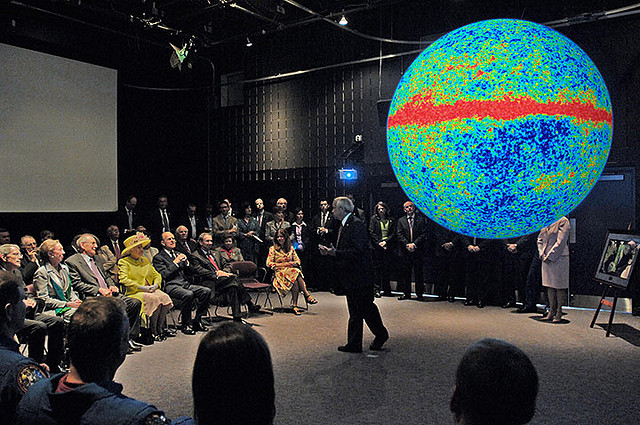It’s not your accent that’s holding you back
Telstra Chief Executive Officer David Thodey has been in the press lately talking about customer complaints involving “unintelligible” call-centre operators.
Call-centre operators – particularly from India and the Philippines – are regularly criticised in the Australian press. But what was most interesting was Thodey’s comment that 50% of these complaints involved Perth-based call-centre operators:
“When we get criticism about so-called foreign contact centres, 50 per cent of the time the people are in Perth, because we’re a multicultural society and often the criticism is around language or communications skills,” he said.
“And I say, I don’t care where these contact centres are, we must have a high standard. Good communications, good English…”
Now, whole libraries could be filled with all the research about the strength of “foreign accents” and books about how to achieve “native” or “proper” pronunciation. But intelligibility – being understood by others – is far more important in the real world – both to speakers and their listeners.
Although Henry Sweet made this point way back in 1900, it wasn’t until near the end of the 20th century that the focus of research moved away from “correct” pronunciation (whatever that might be in a multicultural country) and toward helping adults with speech problems and people who speak English as a second language be understood – regardless of their background or first language.
And it’s this research – not fixed ideas of “correct” pronunciation or “the” Australian accent – on which we base our therapy for people who want help to be understood by others.
Principal source: Munro, M.J, & Derwing, T.M. (2011). Research Timeline: The foundations of accent and intelligibility in pronunciation research. Language Teaching, 44(3), 316-217.
Related articles:
- Embrace your accent and speak clearly – lessons from a Global Investment Bank
- Which kind of English is the best? (Hint: none of them)
- “What did you say?” 10 evidence-based ideas to help others understand your speech
- Who we help: meet Rakesh and Alice
- Common pronunciation challenges for people who do not speak English as a first language: fact sheets
- Is your speech hard for people to comprehend? Research tells us this could be affecting your career prospects
Images: http://tinyurl.com/nuk7ayv and http://tinyurl.com/myyeju3

Hi there, I’m David Kinnane.
Principal Speech Pathologist, Banter Speech & Language
Our talented team of certified practising speech pathologists provide unhurried, personalised and evidence-based speech pathology care to children and adults in the Inner West of Sydney and beyond, both in our clinic and via telehealth.








